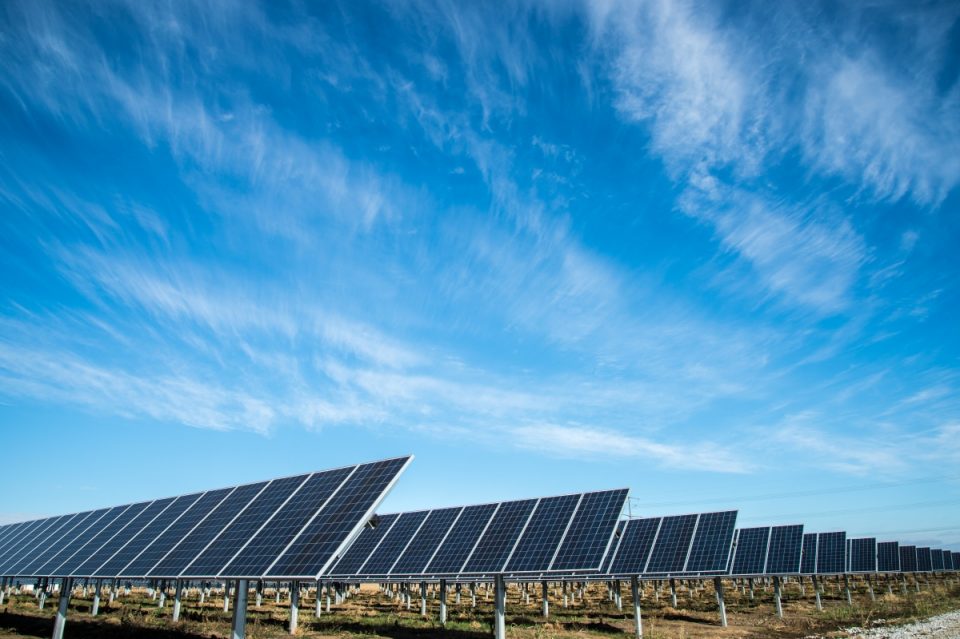KUALA LUMPUR, May 14 — Policies, roadmaps and governance frameworks for clean energy transition at national, regional and global levels need to be more robust and resilient against external shocks such as Covid-19, according to the World Economic Forum (WEF).
The International Organisation for Public-Private Cooperation said the pandemic risks cancelling out recent progress in transitioning to clean energy, due to falling in demand, price volatility and pressure to quickly mitigate socioeconomic costs.
In its ‘Fostering Effective Energy Transition 2020’ report published yesterday, the WEF said Covid-19 has forced companies across industries to adapt to operational disruption, changes in demand and new ways of working, and governments have introduced economic recovery packages to help mitigate these effects.
If implemented with long-term strategies in mind, they could also accelerate the transition to clean energy by helping countries scale their efforts towards sustainable and inclusive energy systems, it said.
“The coronavirus pandemic offers an opportunity to consider unorthodox intervention in the energy markets and global collaboration to support a recovery that accelerates the energy transition once the acute crisis subsides,” WEF head of energy and materials Roberto Bocca said.
He said this giant reset grants us the option to launch aggressive, forward-thinking and long-term strategies leading to a diversified, secure and reliable energy system that will ultimately support the future growth of the world economy in a sustainable and equitable way.
The report draws on insights from the Energy Transition Index (ETI) 2020, which benchmarks 115 economies on the current performance of their energy systems.
The results for 2020 show that 75 per cent of countries have improved their environmental sustainability, even as the global average score for this dimension remains the lowest of the three categories assessed.
Sweden leads the ETI for the third consecutive year, followed by Switzerland and Finland, while Malaysia ranks 38.
More than 80 per cent of countries have improved performance on energy access and security since 2015, but progress in developing countries in Asia and Africa remains a challenge, the report noted.
— Bernama





